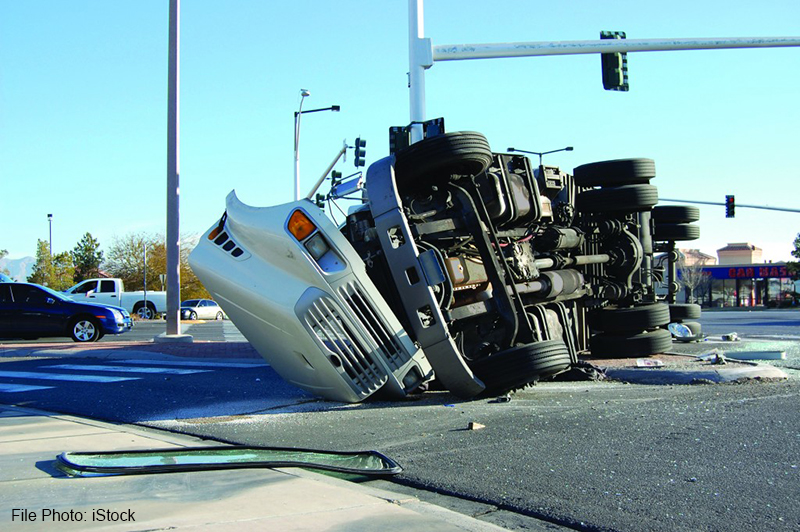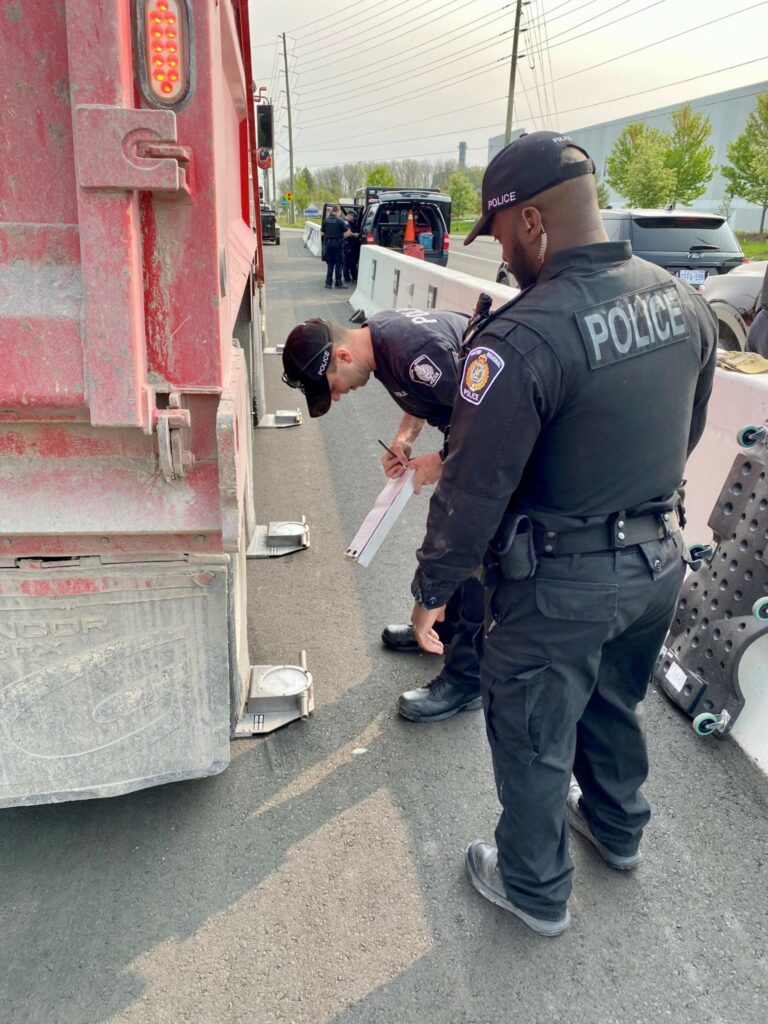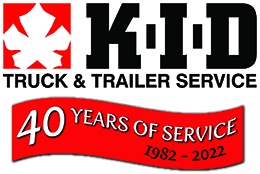
The ongoing “freight recession” is the worst down cycle in many professionals’ careers and causing companies to cease operations. That’s not necessarily a bad thing. Warren Buffet is famous for the quote, “A rising tide floats all boats…only when the tide goes out do you discover who’s been swimming naked.”
A deeper meaning to what the Oracle of Omaha appears to have been saying is that you don’t really see or maybe understand the risks some companies have been taking until they are revealed by adverse economic conditions. In a booming market, you don’t have to worry as much about debt, legal obligations, operating expenses or a social safety net. We may not worry as much about where the dollars go because there are always more dollars coming in.
During boom times, it’s much easier to hide problems but when adversity hits, these problems can surface. They can no longer be hidden and can’t be easily ignored. Therefore, it’s not surprising with truck safety deteriorating and affecting the health of the industry as a whole, companies supporting the Driver Inc. model are coming under increasing scrutiny for their tax-avoidance business strategies. Unfortunately, it’s not the only operating expense they’re typically avoiding.
These Stats Don’t Lie
OPP statistics cited one in five vehicle accidents involve a transport truck and crashes are highest in a decade. From 2009 – 2020, trucking accidents have increased by over 40% and 71% of fatal accidents are caused by transport trucks. In 2020, the Ontario workplace Safety and Insurance Board (WSIB) audited 34 fleets suspected of misusing the Driver Inc. model, which resulted in 21 of them paying adjustments. Just under a million dollars was paid by four major fleets who owed 90% of that amount.
The Canadian Trucking Alliance believes the Driver Inc. model gives certain carriers an unfair advantage over honest carriers. These operators typically incur payroll costs 35% cheaper than fleets who carry employee costs such as benefits, appropriate tax-withholding, CPP and EI deductions. According to industry stakeholders, including the Canadian Trucking Alliance, this type of fraud is costing our governments at least $ 1 billion annually and costing wrongly-classified “personal service bureau” workers to incur a higher tax rates, if they do pay taxes at all.
Many of these trucking companies are skimping on safety or letting their insurance lapse completely. The number of insurance claims for all commercial vehicles across Canada has increased “significantly faster” than the number of commercial vehicles on the road between 2016 and 2022. In data collected between June 2023 and January 2024, the Insurance Bureau of Canada (IBC) commissioned MNP, a professional services firm, to identify key factors impacting the cost of insurance for commercial truck operation.
Mandatory-Entry-Level-Training Not Helping
The largest contributor to the increases in premiums is the result of less experienced drivers, many temporary foreign workers who are inexperienced and become familiar with cutting corners. MNP reported that the existing entry-level training in Canada is not designed to fully prepare drivers for operating heavy trucks in all conditions. Entry-level programs are intended to provide exposure to the industry and basic skills to pass the Class 1 test.
Training quality varies by school and there are bad training facilities allowed to operate with impunity. More focused on teaching drivers how to pass the AZ licensing exam, over being a professional, safety-first truck driver. A 2021 commercial vehicle safety and enforcement report for Ontario’s auditor general found that carriers who tested their own drivers had a 95% pass rate versus Provincial drive centres with a 69% pass rate.
There’s glaring inconsistency in how entry-level training is delivered and not all schools provide training in accordance with the defined standards, the report reads. It’s aligned with feedback from Philip Fletcher, President of Truck Training Schools Association of Ontario, who added that the report’s findings represent what their association has experienced over the past several years. There seems to be an influx of new drivers who are simply trained to pass commercial licensing tests and not being trained to be safe industry operators.

Pushing for Accountability
The overwhelming majority of responsible truck companies and the industry as a whole, are urging tougher action against reckless operators, often repeat offenders who cause the majority of accidents. Industry stakeholders like the Canadian Transportation Alliance, in collaboration with government agencies are working to close loopholes that allow carriers with problematic safety records, prohibited in one jurisdiction from continuing to operate in another community.
Imposing stricter penalties for irresponsible carriers supports road safety, holds insurance premiums in-line, protects infrastructure and ensures the safety of all who share our roads. We need to hold bad operators accountable and enforce unwelcome operating environments. The tide is turning on Driver Inc./personal service business models. That in large measure is the work of dedicated, tenured transportation professionals who with their daily actions, uphold their commitment to higher values, including safer industry long-term.
CVSA’s International Roadcheck Is Scheduled for May 14-16
The Commercial Vehicle Safety Alliance’s (CVSA) International Roadcheck is scheduled for May 14-16, 2024. CVSA-certified law enforcement personnel will inspect commercial motor vehicles and drivers at weigh/inspection stations, temporary sites and mobile patrols to verify compliance with federal, state, provincial or territorial regulations.
This year, there will be two focus areas – tractor protection systems and alcohol and controlled substance possession. If out-of-service violations are found during an inspection, the vehicle will be restricted from operating until all violations are properly addressed. If an inspector identifies a driver with out-of-service violations, such as not possessing a valid or necessary operating license and insurance or exhibiting signs of impairment, the inspector will restrict that driver from operating their vehicle.
Tags: Annual Safety for Trucks and Trailers, Commercial Fleet Maintenance, CVSA inspections, family-run business values, PMCVI, RIV registration, Stop Driver Inc., Support family-businesses, trailer break violation, truck and trailer parts burlington, truck and trailer parts milton, Truck and trailer parts Mississauga, truck and trailer parts oakville, truck and trailer repair Burlington, truck and trailer repair Mississauga, truck and trailer repair Oakville, truck and trailer safety, truck and trailer service burlington, Truck and Trailer Service Mississauga, truck and trailer service oakville, truckpro halton region
